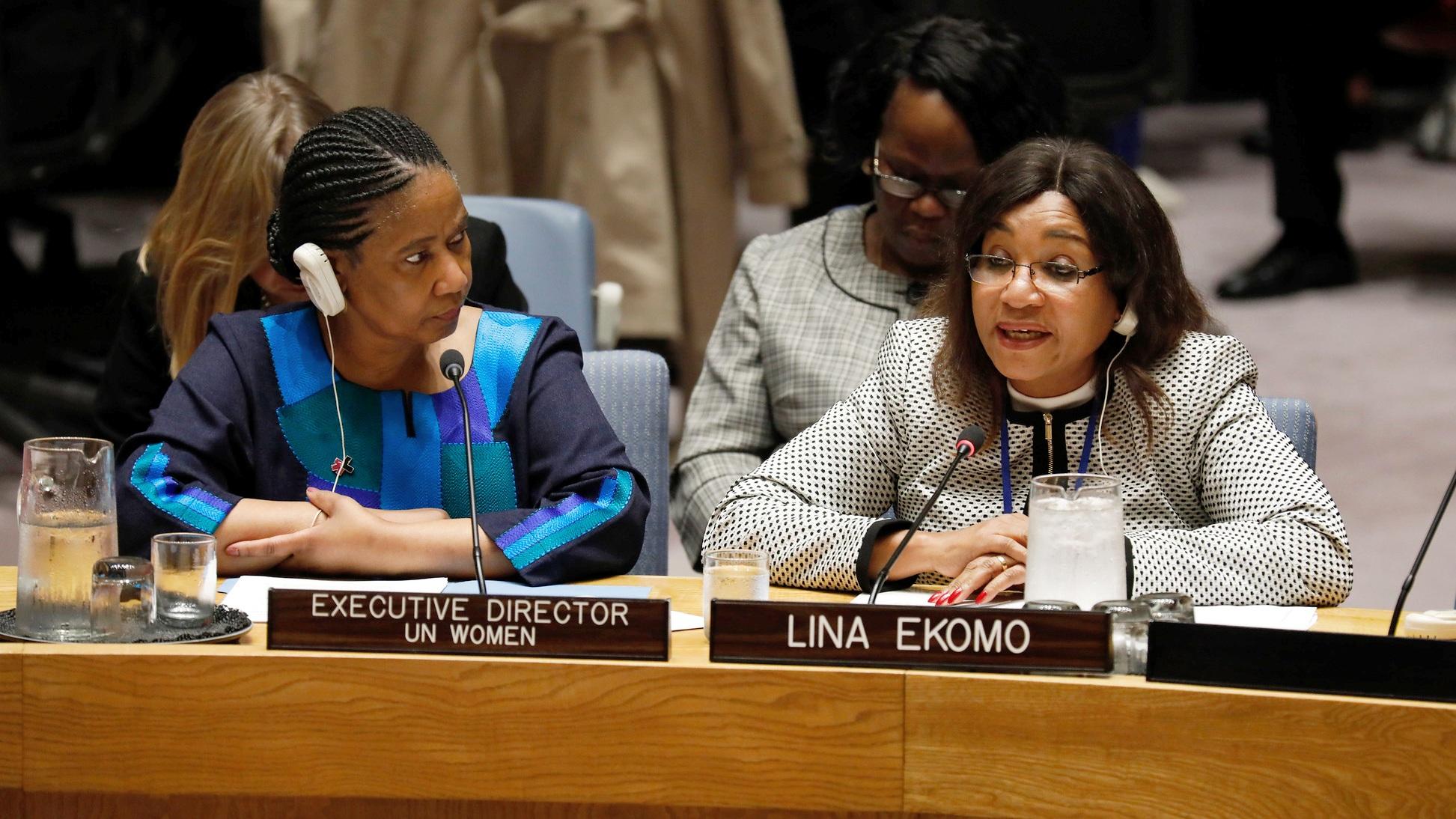Both African migration and queer Africa are loaded with negative stereotypes in global discourse, including misunderstandings on the interconnected reasons why marginalised people migrate. In Senegal, the open-endedness of both migration and of queerness has the possibility to create surprising networks and collaborations between queer Senegalese around the world, offering directions for a different kind of queer activism.
Queer moves
Homophobia in Senegal coupled with international asylum procedures, which offer asylum to people persecuted for their sexual orientation or gender identity, makes it tempting to assume that a queer woman migrating to France would make use of her rights and options as a queer woman. But LGBT asylum policy perpetuates and reflects one-dimensional ideas about dissident sexualities that are loaded with stereotypes grounded in Western understandings of gender and sexual identities. In this view, the migration of queer Africans signals a rupture between their closeted lives at home and their supposedly free lives in Europe. Analysing the migration of queer women only for their way out of homophobia is, however, severely limiting in several ways.
First, people do not usually migrate for one reason. Economic and social reasons and objectives intersect in numerous ways. Limiting people’s decision to migrate to their sexual orientation or gender identity is to deny the interconnectedness of these aspects of life with people’s engagements with family, work, leisure and education. Second, many do not necessarily wish to stay in Europe forever, and if possible they move back and forth between Senegal and Europe, going home for holidays, family gatherings or religious ceremonies. And third, such a view assumes a rupture with Senegal, whereas my interlocutors show how migration can actually lead to strong new ties with their former home country.
Safiétou, a 27-year-old woman living in France since 2013, unsettles the assumption of the African sexual dissident and the migrant luck-seeker in various ways. Instead of marrying her Senegalese girlfriend in France, she is organising a wedding ceremony in Senegal this summer. It is legally impossible to marry in Senegal, where same-sex sexual conduct is criminalised. Civil marriage in France is available to her, and necessary for her much-desired married status in France (which is beneficial for tax payments). However, she insists on organising a wedding ceremony in Senegal, a wish that unsettles Western ideas about sexual freedom and oppression in respectively the West and Africa.
Furthermore, instead of aspiring to stay in France to profit from better opportunities for employment, she wants to move back to Senegal in a few years’ time. She is planning to establish a business that produces much needed medical materials that are scarce in many regions in Senegal. She has already bought a piece of land in a village in the central region where she could set up the production. On an adjacent piece of land, she wants to cultivate fruits and vegetables. With these two projects she intends to provide employment for other queer women.
Money opens all doors
People migrate for various reasons. In the case of sexually dissident women, one particular reason can be to reduce the pressure of strained family relationships. This has been the case for Hawa and Bintou, two young women who moved to Morocco. Hawa moved to Morocco in 2018 when her parents pressured her to marry a man they had proposed to her. Bintou moved around that same time after her girlfriend’s husband had created a scene by alerting Bintou’s parents to her relationship with his wife.
The journey to Morocco is fairly easy for Senegalese, with the absence of visa requirements upon entry. Life itself in Morocco as a black African migrant is far from easy, however, and racism is rampant. People know that the majority of migrants stay after their three-month visa has expired. This does not so much put them in danger of being arrested and repatriated, but maltreatment by Moroccan employers and landlords is common. They know that these migrants cannot appeal to any rights. Unmarried female migrants furthermore face the moral prejudices of people back home who think that they can only survive in Morocco by engaging in sex work. At the same time, women who choose not to live with men in Morocco are easily stigmatised as lesbians.
Partly the result of the difficulties Hawa and Bintou have encountered in Morocco, they currently envision to set up a business together to trade in clothing and cosmetics between Morocco and Senegal. Independence from Moroccan employers is crucial for them to avoid maltreatment, and they both also long to go back to Senegal to catch up with family and friends. Money opens all doors, said Hawa, when I asked her about the status of her relationship with her mother. Since she has left Senegal, her mother has stopped pressuring her to get married. She is happy with the financial support she receives from Hawa. This is not to say that money solves everything: when we had this conversation, she had recently had an argument with her brother, who had said that her money is worthless as long as she remains unmarried. Social control is high, both in Senegal and in migrant communities, and people like Hawa continuously have to balance personal aspirations and societal expectations.
Queer engagement
Based on a mutual understanding of the personal struggles of living as queer women in Senegal and its diaspora, the above-mentioned people are putting their heads together to kick off work projects.
Their ideas resonate with the recent turn Nafissatou has taken, a queer activist in Senegal. She wants to make her organisation independent from external, mostly Western, funding. To do so, she is in the process of setting up her own enterprise, and she has found in Safiétou a sparring partner. In turn, Nafissatou’s vast experience and network is of enormous value to the projects of Safiétou, Hawa and Bintou.
The stories of these women unsettle dominant notions of identity, citizenship and social mobility. They also defy linear notions of progress through migration, choosing consciously to engage with Senegal for relationships and work. Sharing the ambition to create decent lives for themselves and the wider queer community, they create new horizons for queer activism in Senegal and its diaspora.
Photo: Dakar, Senegal. Credit: Trotsiland. Licensed under CC BY-NC-ND 2.0.





